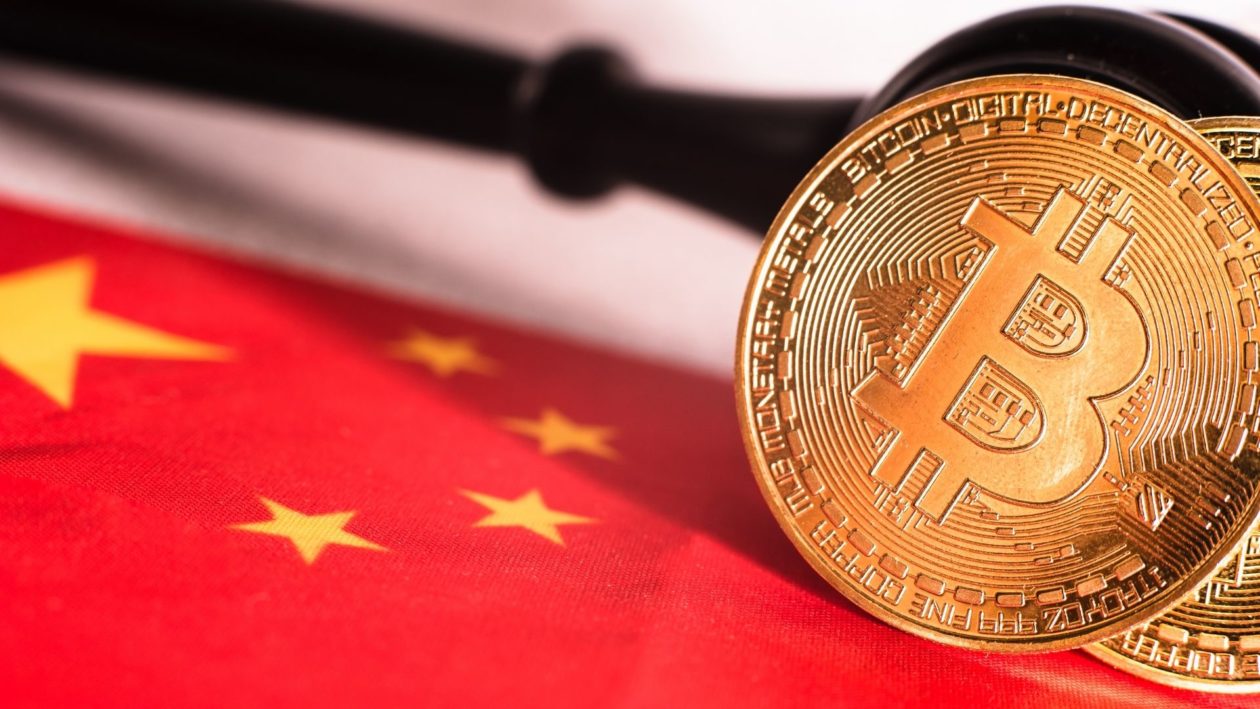Crypto markets were up Monday morning in Asia, a quick recovery following China’s announcements on Friday banning cryptocurrency trading and mining and yesterday’s news that Chinese cryptocurrency exchange Huobi Global would cease account registration for new users in mainland China and close down the accounts for existing mainland Chinese users by Dec. 31.
Bitcoin – the largest cryptocurrency by market value — dropped to US$40,936 on Friday following China’s announcements but has since rebounded 7%, now trading above US$44,000, according to CoinMarketCap data. Ethereum, too, dropped from US$3,100 to US$2,747 on Friday, but is currently trading back above US$3,100.
News of China’s latest bans was followed immediately by a dip in the total cryptocurrency market — from approximately US$1.99 trillion in market capitalization on Sept. 24 to US$1.86 on Sept. 26, according to CoinMarketCap. The number has since climbed back to US$1.96 trillion.
“It’s a bit like the story of the guy who cries wolf, you know, too many times and then people stop caring. And so I think that’s what we’re seeing with the markets right now,” Justin d’Anethan, head of exchange sales at crypto exchange EQONEX told Forkast.News.
Positive news over the weekend — coming on top of market-reassuring news earlier in the week that China’s Evergrande Group had stepped back from falling off a potential debt cliff — also warded off bearish sentiments, Justin d’Anethan said. For instance, El Salvador president Nayib Bukele on Sunday tweeted that 2.1 million Salvadorans were actively using the Bitcoin Chivo wallet.
“There’s a lot of fundamentals that are still very good,” d’Anethan added. “And then the China story is kind of heard that, before been there, done that.”
Although the Bitcoin Fear and Greed Index currently stands at “Fear,” crypto market experts told Forkast.News that they remain long-term bullish on cryptocurrencies despite China’s latest ban — the most expansive and detailed yet for the world’s most populous nation — on cryptocurrency trading.
“For China specifically, there’s going to be a lot less transactions,” d’Anethan said. But, he added: “Enthusiasm for crypto globally is big enough and growing enough that it’s going to kind of balance that out.”
Tony Sycamore, City Index’s senior market analyst for APAC, told Forkast.News that “China’s role disrupting crypto markets has about run its course.”
“While the announcement provided a setback to our bullish view, it’s not a surprise. Providing Bitcoin holds above last week’s US$39,573 low, the technical outlook remains positive,” Sycamore said. “A break and close above last week’s US$45,159 high and above the 200-day moving average at US$45,575 would further indicate a retest and break of the US$52,956 high is underway.”
The technical outlook remains positive for Ethereum, provided it holds above last week’s US$2,650 low, Sycamore added. “A break and close above resistance coming from last week’s highs at US$3,175 would be a strong indication the correction from the US$4,025 high is complete and the uptrend has resumed.”
With China’s ban directly targeting the operations of Chinese cryptocurrency exchange heavyweights such as Huobi and OKEx, prices of their tokens have plunged. Prices of the Huobi token have dropped by more than 40% over the past seven days, according to Coinmarketcap. OKEX’s OKB is down over 20% in the same period.
Tether (USDT), a stablecoin that is frequently used to facilitate trading or used by traders as a hedge against volatility in cryptocurrency prices, also saw increased volumes. Trading volumes of USDT were up over 20% in the past 24-hours according to Coinmarketcap.
But decentralized finance (DeFi) tokens, in particular those of decentralized exchanges — such as Uniswap and Sushi, which facilitate cryptocurrency transactions without an intermediary — have surged. Uniswap’s UNI and Sushiswap’s SUSHI are up over 30% and 20% respectively as of publishing time, according to Coinmarketcap.
“DeFi will surely benefit from the recent regulatory headwinds from both China and the U.S. with its decentralized nature,” Rachel Lin, co-founder of decentralized derivatives exchange SynFutures, told Forkast.News. “We are seeing users migrating to DeFi even when some CeFi platforms are still accessible due to concerns of counterparty risk. As more retail traders move to DEXs, liquidity will continue to improve and professional investors will start building more positions, thus creating a positive feedback loop and driving greater adoption.”
Other crypto market watchers said the most recent price volatility provided some investors with the opportunity to build up their positions.
“We saw some aggressive dip buying flows on the desk from our institutional and high net worth clients, which shows long-term optimism,” Annabelle Huang, partner at Amber Group, told Forkast.News.

